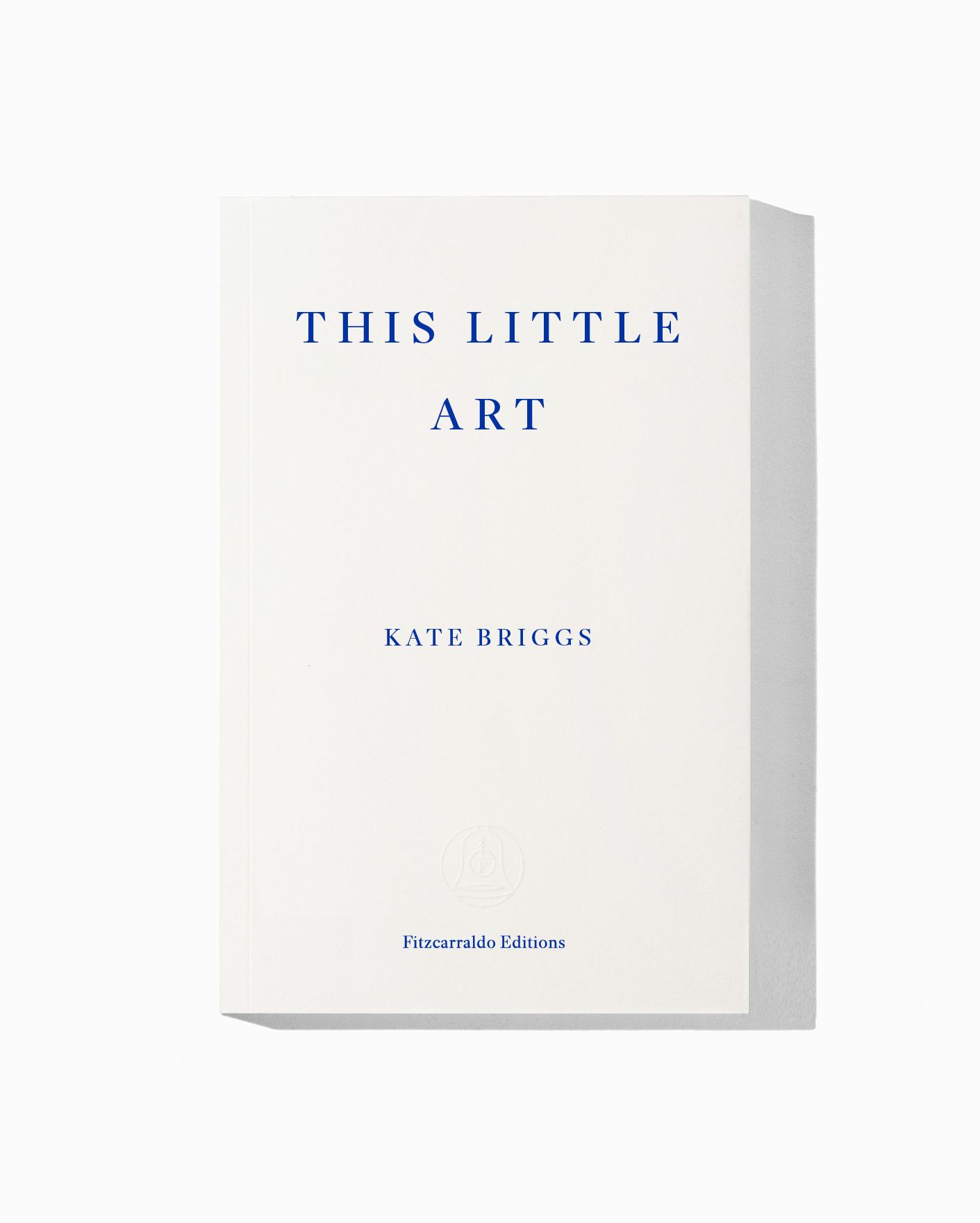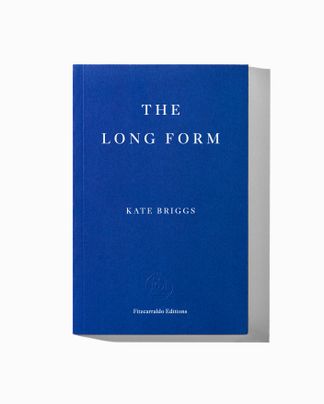DRAGONESE
It’s Walpurgis-Nacht in the sanatorium and Hans Castorp, the hero of The Magic Mountain, has been made to feel hot and reckless by the atmosphere of carnival. Standing a small distance behind him, in the doorway of the little salon, is Frau Chauchat. She is dressed in a startling gown of thin, dark silk.
Was it black?
Probably.
Or, at most, shot with golden brown.
Cut with a modest little neck, round like a schoolgirl’s frock. Hardly so much as to show the base of her throat. Or the collar bones. Or, beneath the soft fringes of her hair, the slightly prominent bone at the back of her neck.
But all the while leaving bare to the shoulder her arms.
Arms so tender and so full.
So cool and so amazingly white, set off against the dark silk of her frock.
To such ravishing effect as to make Hans Castorp close his eyes. And murmur, deep within himself: ‘O my God!’
He had once held a theory about those arms. He had thought, on making their acquaintance for the first time – veiled, as they had been then, in diaphanous gauze – that their indescribable, unreasonable seductiveness was down to the gauze itself. To the ‘illusion’, as he had called it. Folly! The utter, accentuated, blinding nudity of those arms was an experience now so intoxicating, compared with that earlier one, as to leave our man no other recourse than, once again, with drooping head, to whisper, soundlessly: ‘O my God!’
Later, agitated by the silly drama of a drawing game, he’ll walk straight up to her and boldly ask for a pencil.
She’ll stand there, in her paper party cap, looking him up and down.
‘I?’ she’ll ask. ‘Perhaps I have, let me see.’
Eventually, she’ll fetch one up from deep within her leather bag: a little silver one, slender and fragile, scarcely meant for use.
‘Voilà,’ she’ll say, holding it up by its end in front of him, between thumb and forefinger, lightly turning it to and fro.
Because she won’t quite hand it to him, because she’ll give it to him and withhold it, he’ll take it, so to speak, without receiving it: that is, he’ll hold out his hand, ready to grasp the delicate thing, but without actually touching it.
‘C’est à visser, tu sais,’ she’ll say. You have to unscrew it.
And with heads bent over it together, she’ll show him the mechanism. It would be quite ordinary, the little needle of hard, probably worthless lead, coming down as one loosened the screw.
They’ll stand bending toward each other. The stiff collar of his evening dress serving to support his chin.
She’ll speak to him in French, and he’ll follow her.
He’ll speak to her in French uneasily, feeling for the sense.
A little further on she’ll command, a bit exasperated and more impersonally now: ‘Parlez allemand s’il vous plait!’
And in the copy of the novel I have open next to me as I read and write, Hans Castorp replies in English. Clavdia Chauchat has asked him, pointedly, in French, to address her in German, and his reply is written for me in English. I mean, of course it is. It’s an everyday peculiar thing: I am reading The Magic Mountain in Helen Lowe-Porter’s translation, first published in 1927. A novel set high up in the Swiss Alps, one of Germany’s most formative contributions to modern European literature (so the back cover of my edition tells me) and here they all are acting and interacting – not always, but for the most part – in English. And I go with it. I do. Of course I do. I willingly accept these terms. Positively and very gladly, in fact. Because with French but no German – I look at my bookshelves: also, no Italian and no Norwegian, no Japanese and no Spanish, no Danish and no Korean (and so on and so on) – I know that this is how the writing comes:
An unassuming young man named Hans Castorp travels up from his native city of Hamburg to Davos-Dorf. When the train stops at the small mountain station, he is surprised to hear his cousin’s familiar voice: ‘Hullo,’ says Joachim, ‘there you are!’
(…)



